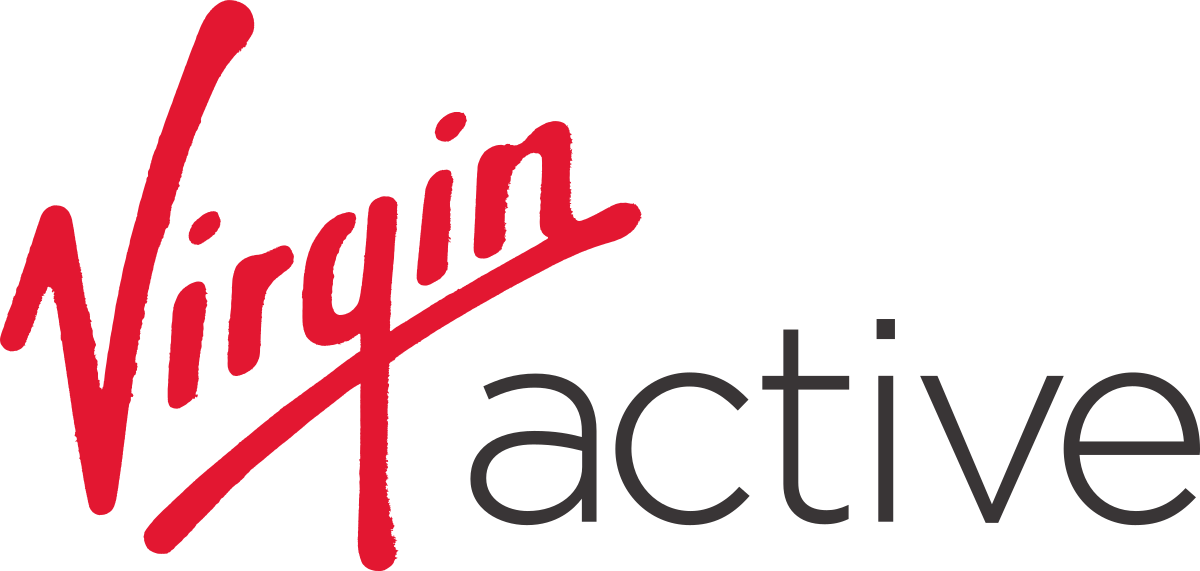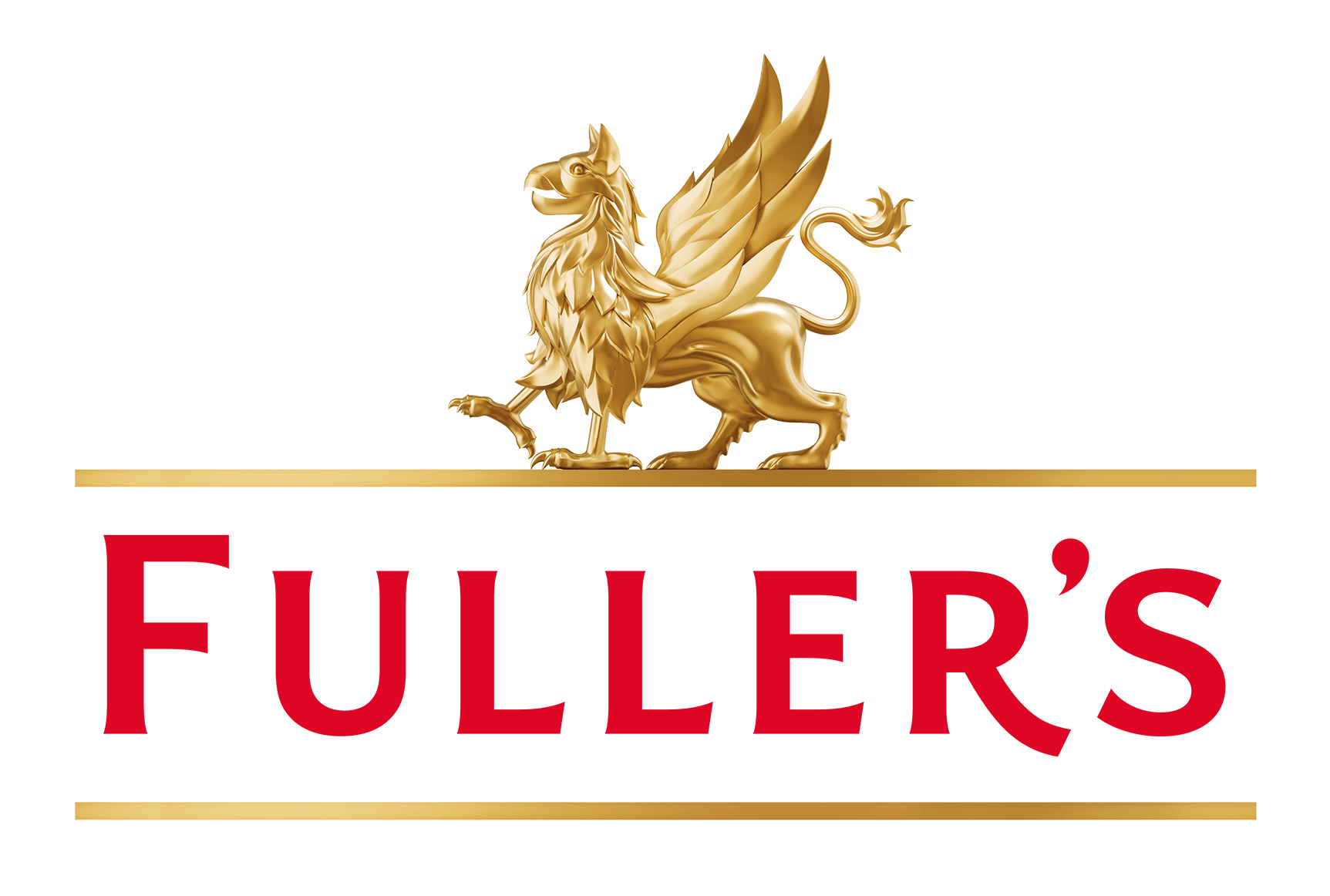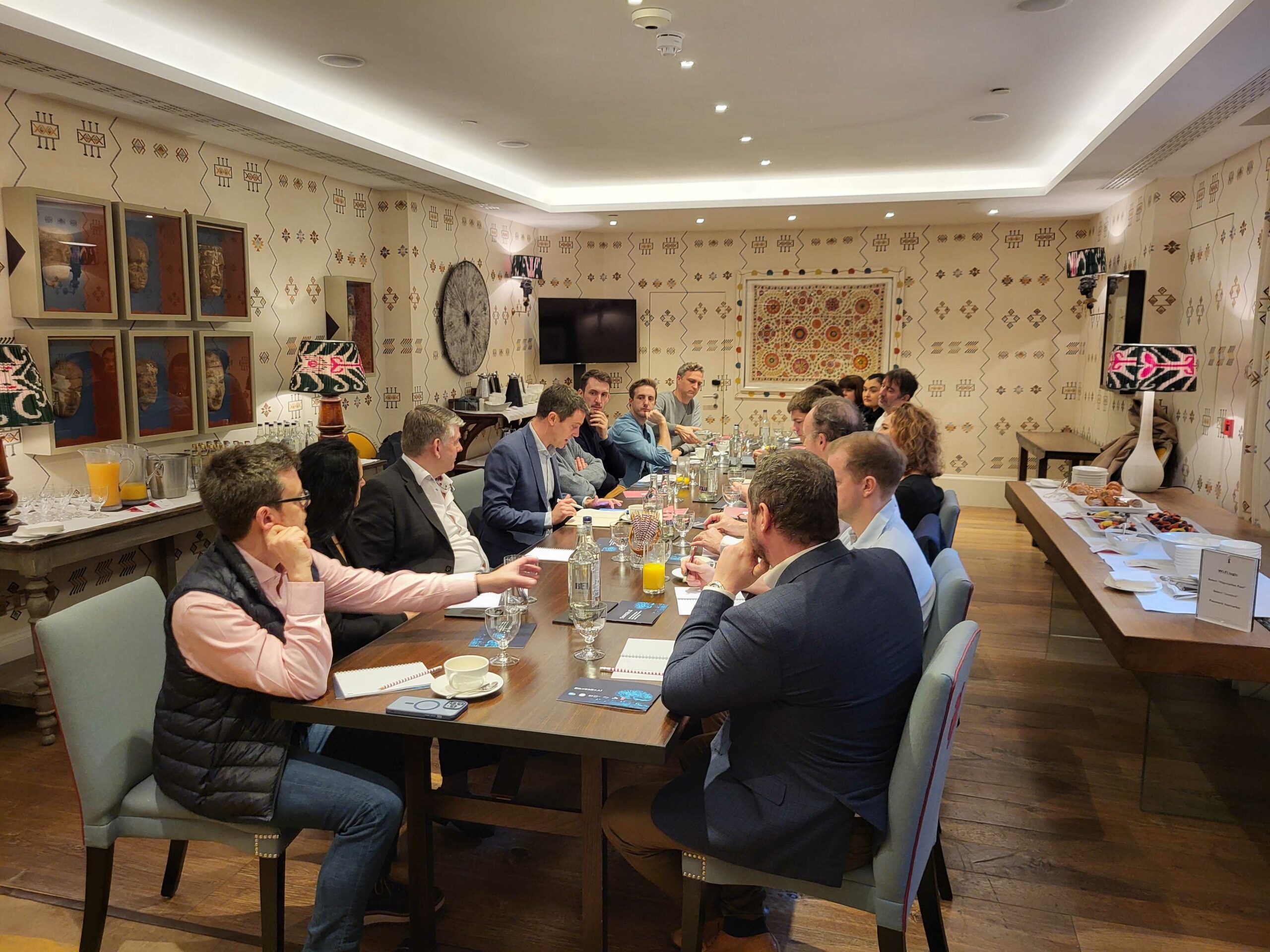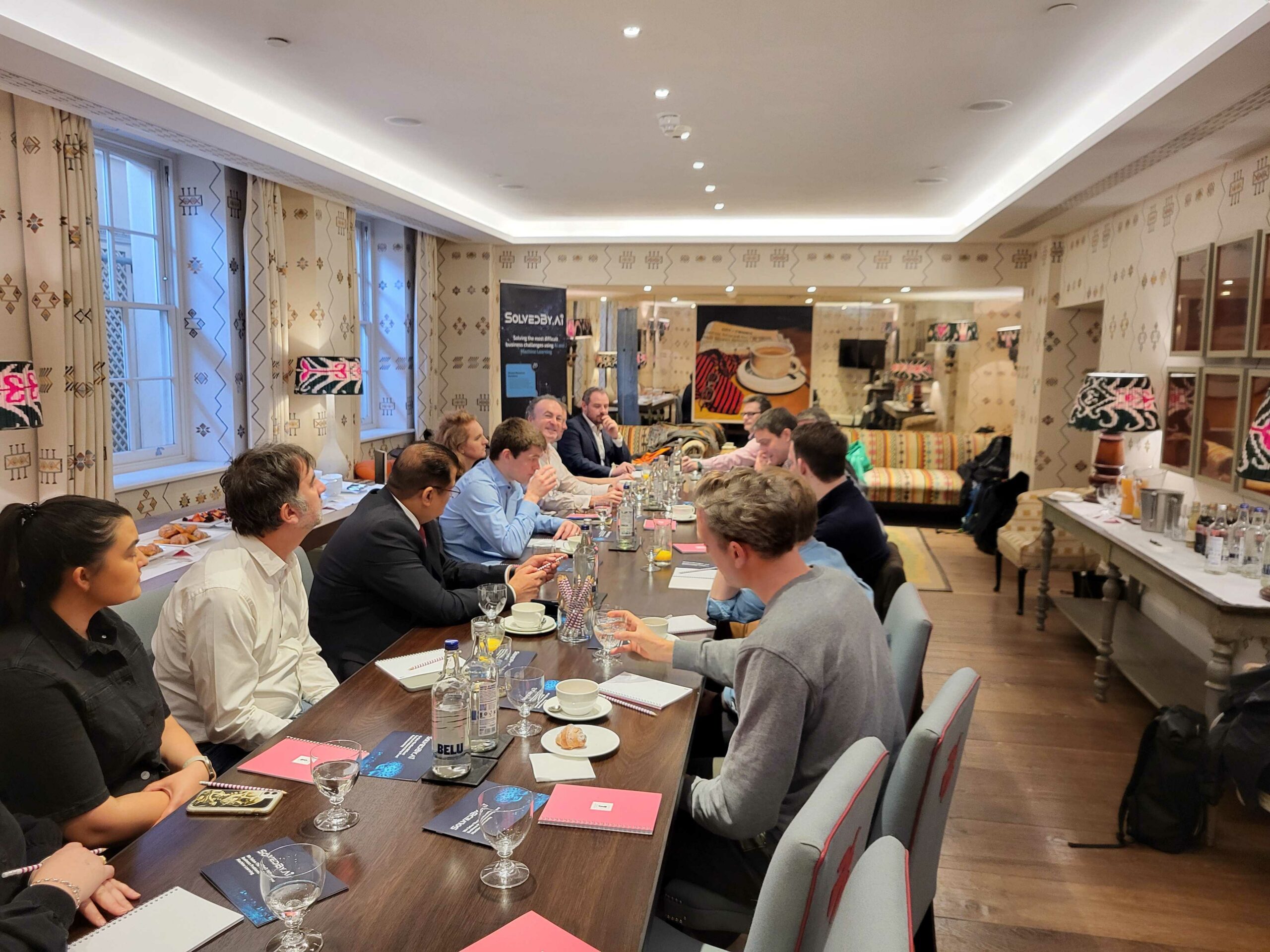Breakfast Roundtable – How hospitality and leisure companies can generate an ROI from AI
SolvedBy.Ai hosts senior representatives from the leisure and hospitality industries to talk practical deployment of artificial intelligence in supporting business success.
Date: 20 March, 2024
Venue: Haymarket Hotel, 1 Suffolk Pl, London SW1Y 4HX
Attendees Included














Hospitality and leisure leaders are on the hunt for any tools, technologies, and techniques to make the experience they offer their customers as good as it can be.
Although the economy is challenging now, and government support recently called for by sector lobbyists certainly hasn’t arrived in its fullest form, those at the heart of these two adjacent industries want to “get on with it”, improve performance, delight customers, and find new ways to grow in what is a forever evolving marketplace.
In a tight labour market, there is a desire to cut out the mundane tasks for staff and customers – indeed, let technology do lots of this work – and allow the workforce to enhance the hospitality and leisure experience that should be ingrained in the sector.
Those were key takeaways from an exclusive breakfast roundtable discussion, which took place at London’s Haymarket Hotel on 20 March 2024. Hosted by tech company SolvedBy.Ai, the event attracted leaders in HR, finance, operations, technology, and marketing from a host of prominent hospitality and leisure industry names.
In the room for the discussions, held under Chatham House Rules, were representatives from restaurant company Dishoom, pub operator Fuller, Smith & Turner, London’s Hippodrome Casino, entertainment venue provider Hollywood Bowl Group, bar chain Nightcap, hotel business Palm Holdings, gym owner Virgin Active, and quick service restaurant group Wasabi.
Common challenges were shared, and unique opportunities presented. All were there to understand how artificial intelligence (AI) could be used within their businesses to bring additional value to their people and wider organisations.
Rising above the doom and gloom
Business rates will go up by 6.7% on 1 April at the same time pay levels for staff are going up to £11.44 an hour, representing the biggest rise in the minimum wage – or National Living Wage as it is known – on record.
Research from trade body UKHospitality, in association with the British Beer and Pub Association, British Institute of Innkeeping, and Hospitality Ulster, released in February 2024, found 98% of businesses in the sector have seen food and drink costs increase this year, 96% are reporting wage cost rises, and 85% are dealing with energy costs increasing – in short, nearly a quarter of firms have no cash reserves.
But despite this situation, those joining the breakfast debate talked up the industry and remained upbeat.
“We don’t want to hear the doom and gloom all the time – we know the government isn’t going to change policy and economic matters won’t improve any time soon, so we’ve just got to get on with the job and be positive,” explained one leisure operator.
“We’re all on the hunt for tools that can help us optimise our operations in the current environment.”
Another roundtable guest said: “Nothing matters but the customer in our industry, so we’re looking for ways that can make it easier to take care of them on a daily basis.”
On the subject of getting on with the job, one finance director in the room said they know they want to use AI to help improve how they make business decisions, but the challenge right now, and one he is facing into, is getting company data in one central place.
“I want to use the data we have better, and I know AI can help,” he explained.
“I want to know what’s driving customers in, what my labour looks like, and get a holistic view. Then I want to devolve it around the general managers across our UK estate so they can understand it and action it on a local level.”
There were countless examples shared of what these industry leaders want to do to seize opportunities for growth in a challenging market. But there was a general feeling that resistance to organisational change, challenging balance sheets, and lack of time for long-term thinking amid the hubbub of day-to-day work remain barriers to significant progress.
Repositioning and reinventing
PwC’s 27th annual global CEO survey, which was launched in January this year, showed business leaders know they need to radically change how their businesses are shaped. Some 45% of them are not confident their companies would survive more than a decade on their current path.
Justifying the need for business reinvention further, the research found CEOs perceive enormous inefficiencies across a range of their companies’ routine activities – for example, decision-making meetings and emails. They calculated roughly 40% of the time spent on tasks such as these as inefficient, bringing huge unnecessary costs.
The report suggested Generative AI, which about 60% of CEOs expect to create efficiency benefits, could relieve some routine burden on these organisations.
Representatives of the hospitality and leisure industry at the breakfast event spoke of how they were “repositioning” their businesses, “elevating the experience” offered to customers, and trying new property formats or staff deployments in the name of seeking the change they know can lead to growth.
Using AI to help free up time for check-in staff to enhance customer engagement, exploring how AI can identify transactional opportunities lost, and using AI to gather an understanding of how the same customers can act differently within the same venues due to external factors were all deemed hugely beneficial deployments of the technology.
PwC’s report advises CEOs to proceed with care when it comes to AI, adding that leading companies are aligning their AI strategy with existing digital strategies. And that means upskilling employees, and encouraging a testing and learning approach with a focus on identifying use cases that can be scaled up.
Some 60% of CEOs expect AI to improve product or service quality. Within the next three years, almost 70% of respondents to the PwC survey anticipate GenAI, in particular, will increase competition, drive changes to their business models and require new skills from their workforce.
Winning hearts at minds
Who owns the AI strategy in a hospitality and leisure organisation, and how to get C-suite buy-in to carry on with digital transformation and embrace the manifold opportunities AI brings were key talking points at the roundtable.
Indeed, SolvedByAI’s AI deployments in retail, hospitality, and leisure to date have been c-suite-led. The company urges organisations to think about AI as self-funding – rather than considering the cost incurred by using the tech, businesses should calculate the cost of the problem that is being solved through its deployment.
Ed Hogg, CEO of SolvedByAI, said: “The hospitality and leisure sectors are going to be here for years to come – of that there is no doubt – but who from those industries today will be a part of it comes down to their willingness and ability to digitally transform.
“Most user cases of AI today are centred on GenAI, which is a great tool for marketing and making videos. We’re only at the start of businesses understanding the power of AI for advanced forecasting and other operational enhancements that can lead to them running their organisations in a more optimal way and taking out significant costs.”
He added: “We like to work with organisations in hospitality, leisure, and retail, where they have identified problems costing in excess of £1 million. Our technology combined with their data is the key to a whole raft of benefits for them including better labour scheduling, more flexible opening hours based on local demand, and smarter inventory management that all help eliminate that £1 million-plus problem.”






